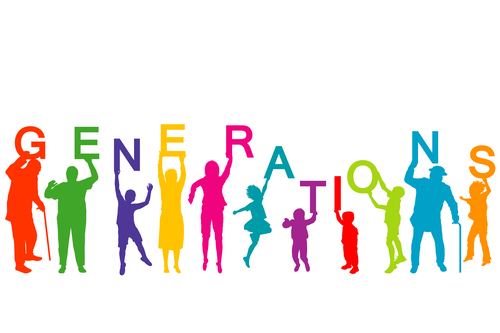Advice For Working Across Generations
This past weekend, I worked with a cross-generational group (ages 20 – 80) who shared some deep insights about working across generations. Below are key ideas that came from that meeting and rich conversation. I share them with you as excellent advice for intergenerational or everyday relationships.
“We all have the same end goal. That’s what should drive us, not our differences”.
Yes! We all want the same things in life and work. We want to be respected, valued, and heard. As organizations, we are drawn to the same values and end goals. When we keep the end in view, it makes the how of achieving those goals feel less territorial. It feels less like there’s a right way and a wrong way to achieve those goals. If you are facing a difference of approach based on your generation, opt to look at the end goal instead of our different approaches.
“We’re 90 percent alike, but we focus on the 10 percent that makes us different, and we make it into a big deal”.
I love this thought! We focus on the 10 percent of stuff that makes us different by generation. That’s what creates friction in our relationships. It’s often the friction that causes organizations to hire me to help them figure out ways through the friction.
And yet, when you look at much of the qualitative data I’ve collected over the years, you’ll find our generations have so much in common. This includes how we like to receive feedback and how we value the importance of relationships. We all want to be in relationships that are healthy, transparent and significant.
Talking about the 10 percent that makes us different is important. We can move forward together in better, more meaningful ways. And, when we stop at our differences, we miss the richness of our similarities.
“I would be honored to hear the stories of those who have gone before me, but none of them have offered to share that information”.
A comment, offered by a young woman in response to someone saying young people didn’t always respect the history of the organization. She said it wasn’t that she wasn’t interested in what happened in the past, but no one spoke up to share the significance of certain times in the organization’s history.
The generational lesson from this comment is to be intentional. Be intentional in what you offer to say, don’t assume people know what you do. That is to say, be intentional in asking for the history or background of something before proposing a change.
Relationships take hard work. We need to focus on what we both want in our end goals. We need to focus on the 90 percent we have in common. In the end, when we are intentional about sharing information, our teams can be stronger and healthier across generations.
Speaker, trainer, and consultant, Sarah Gibson, helps organizations leverage the power of communication, teamwork and diversity to improve engagement and transform teams. To buy her book or inquire about her speaking programs, please visit www.sarahjgibson.com.



